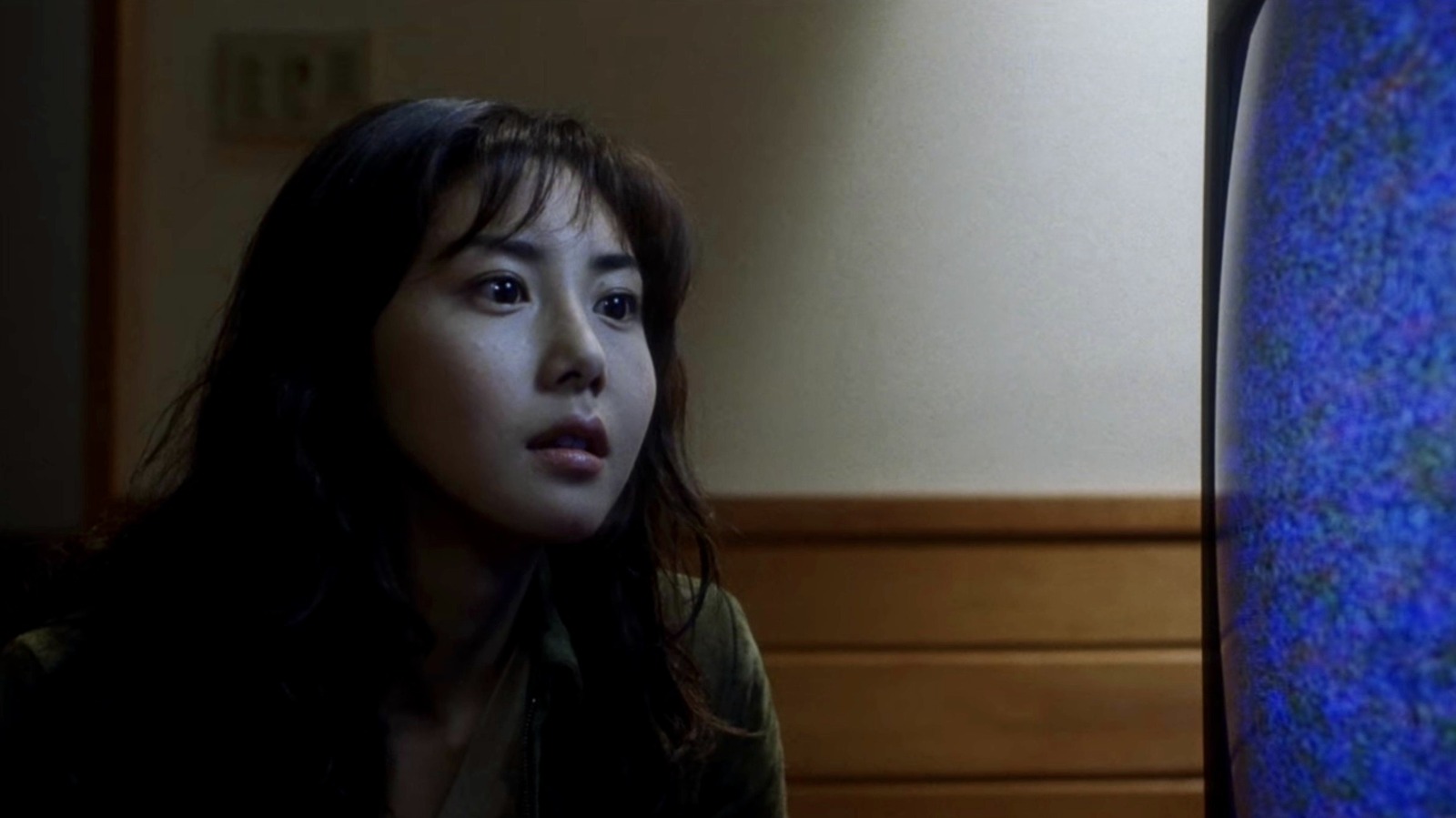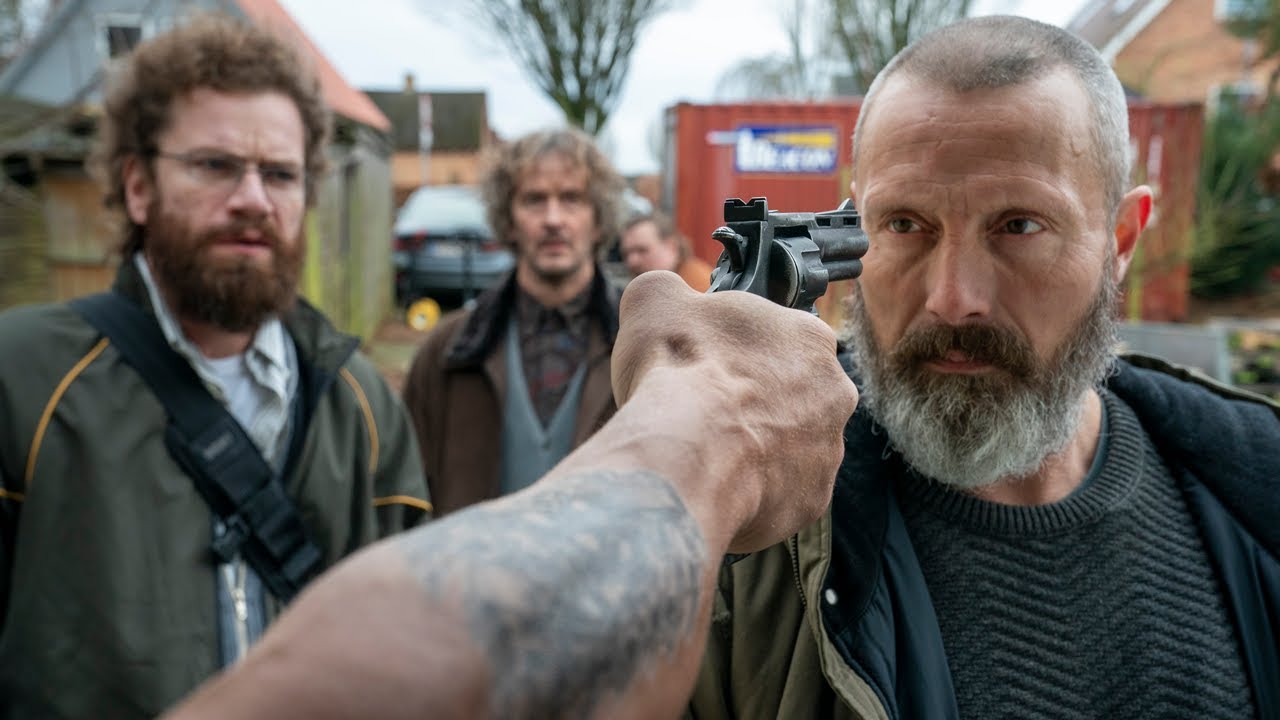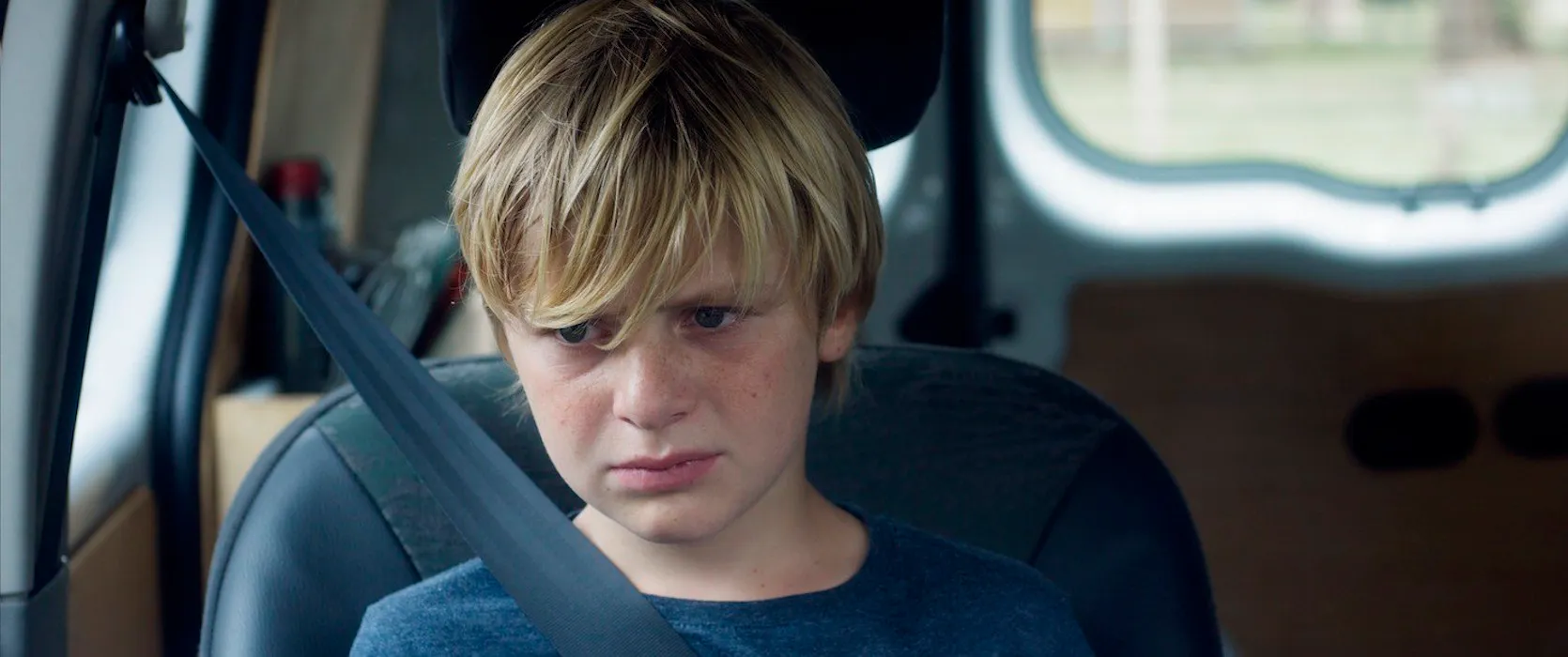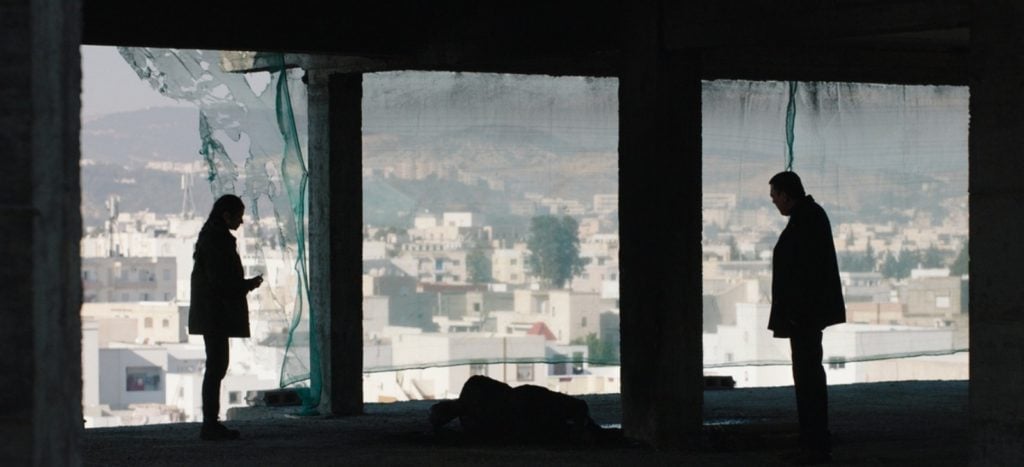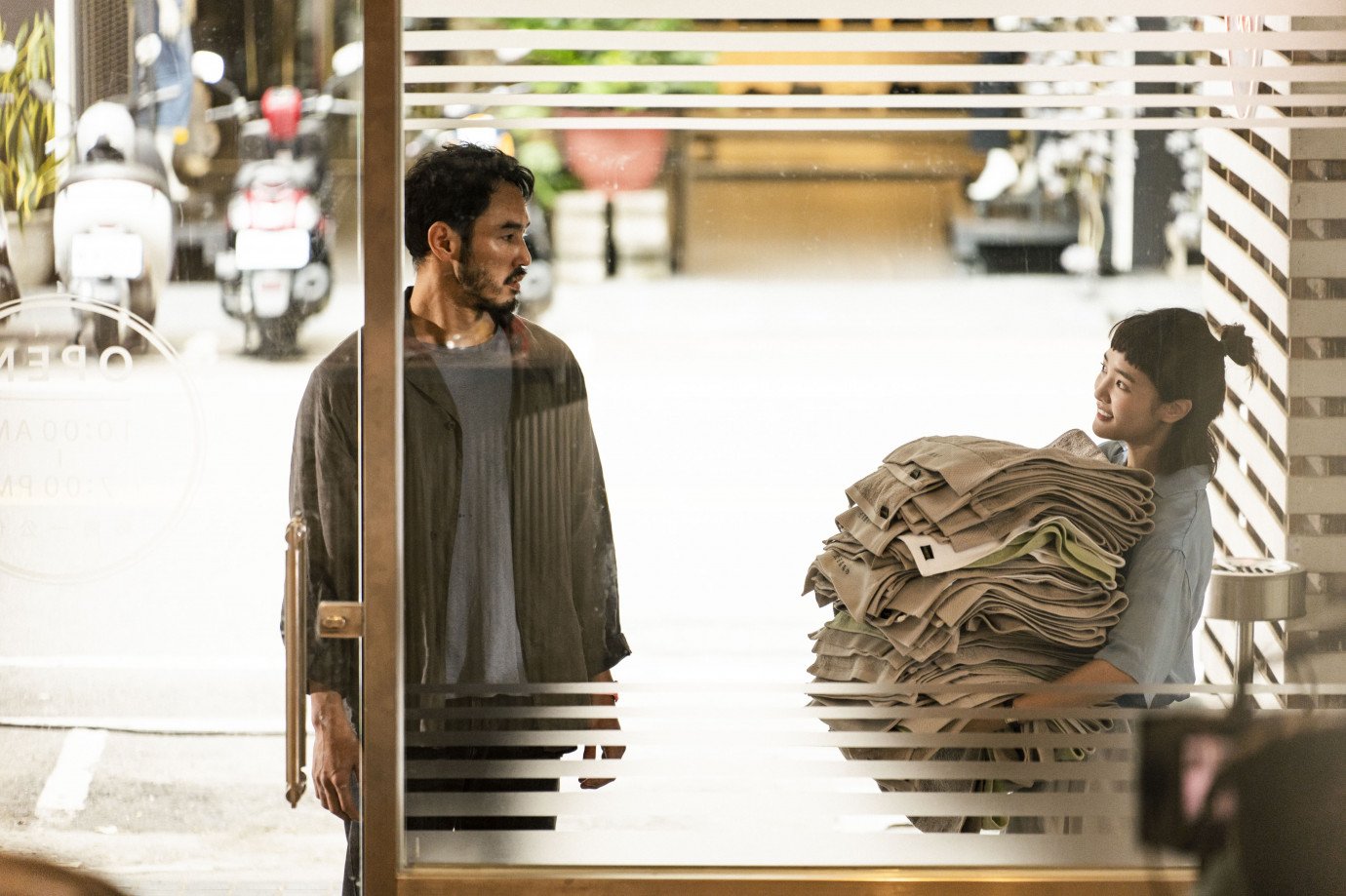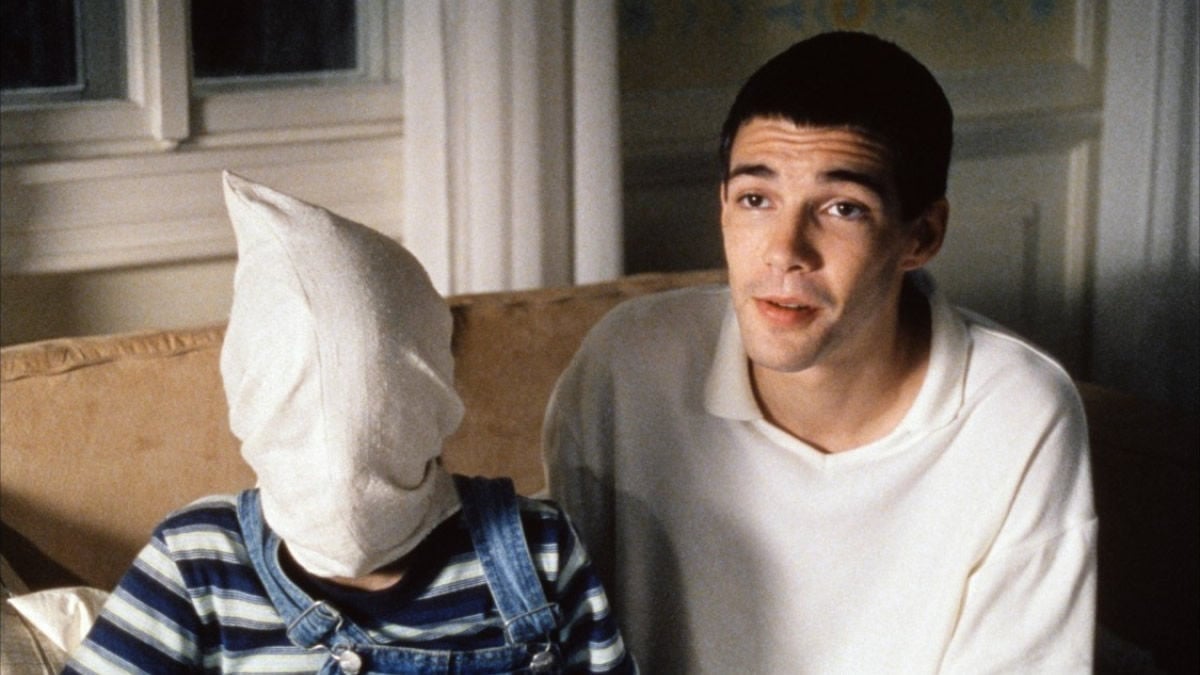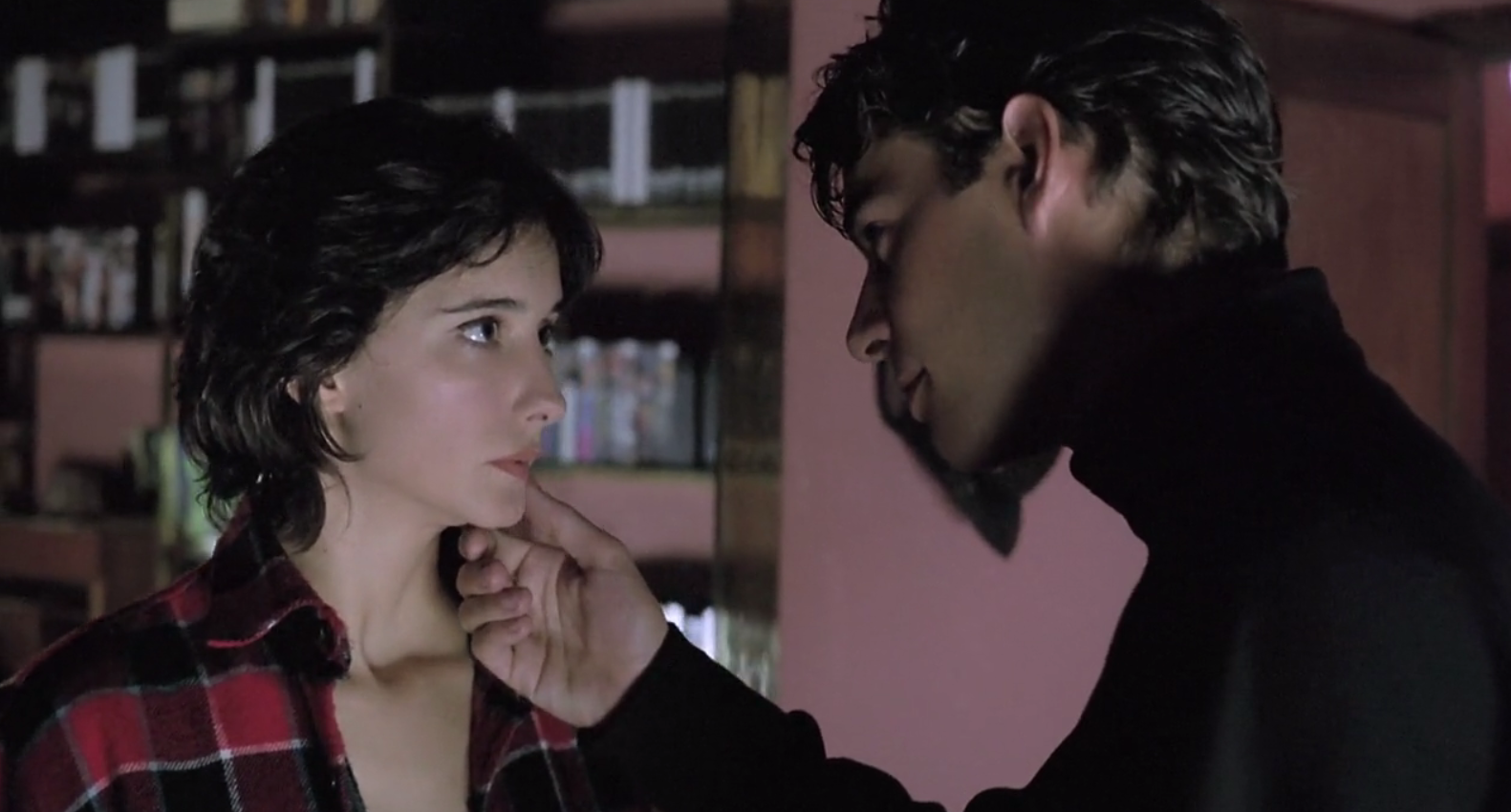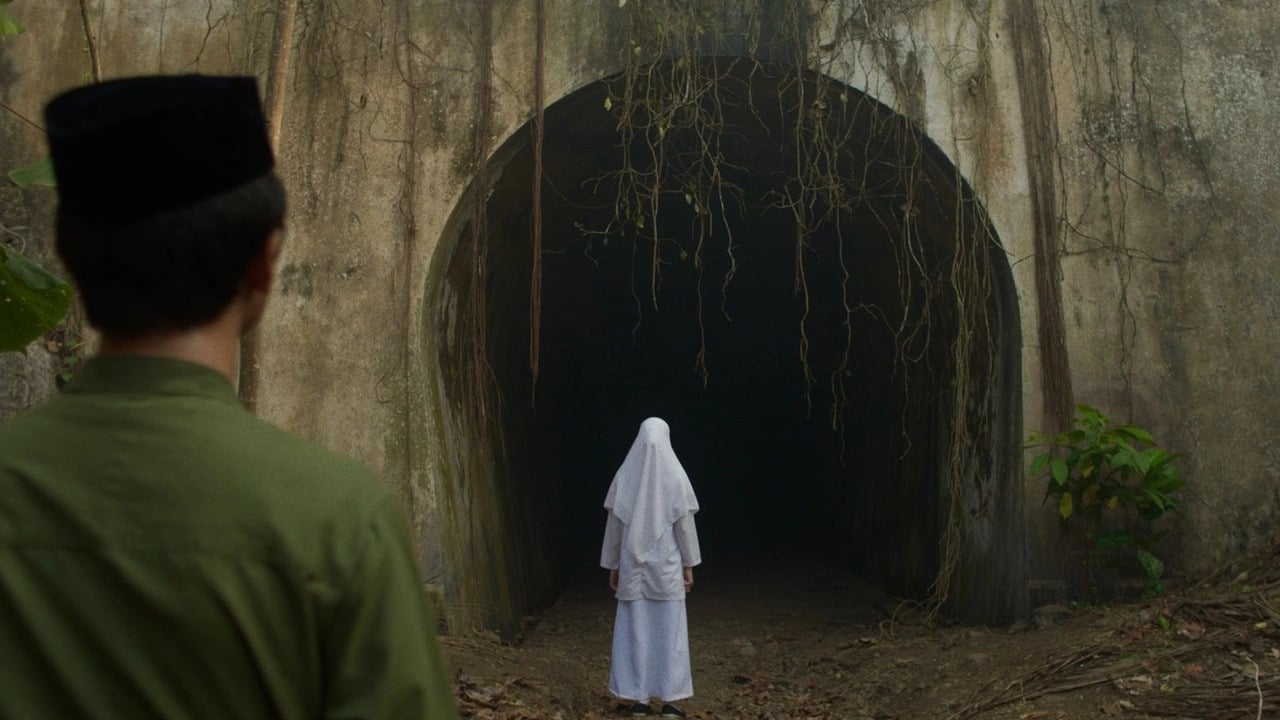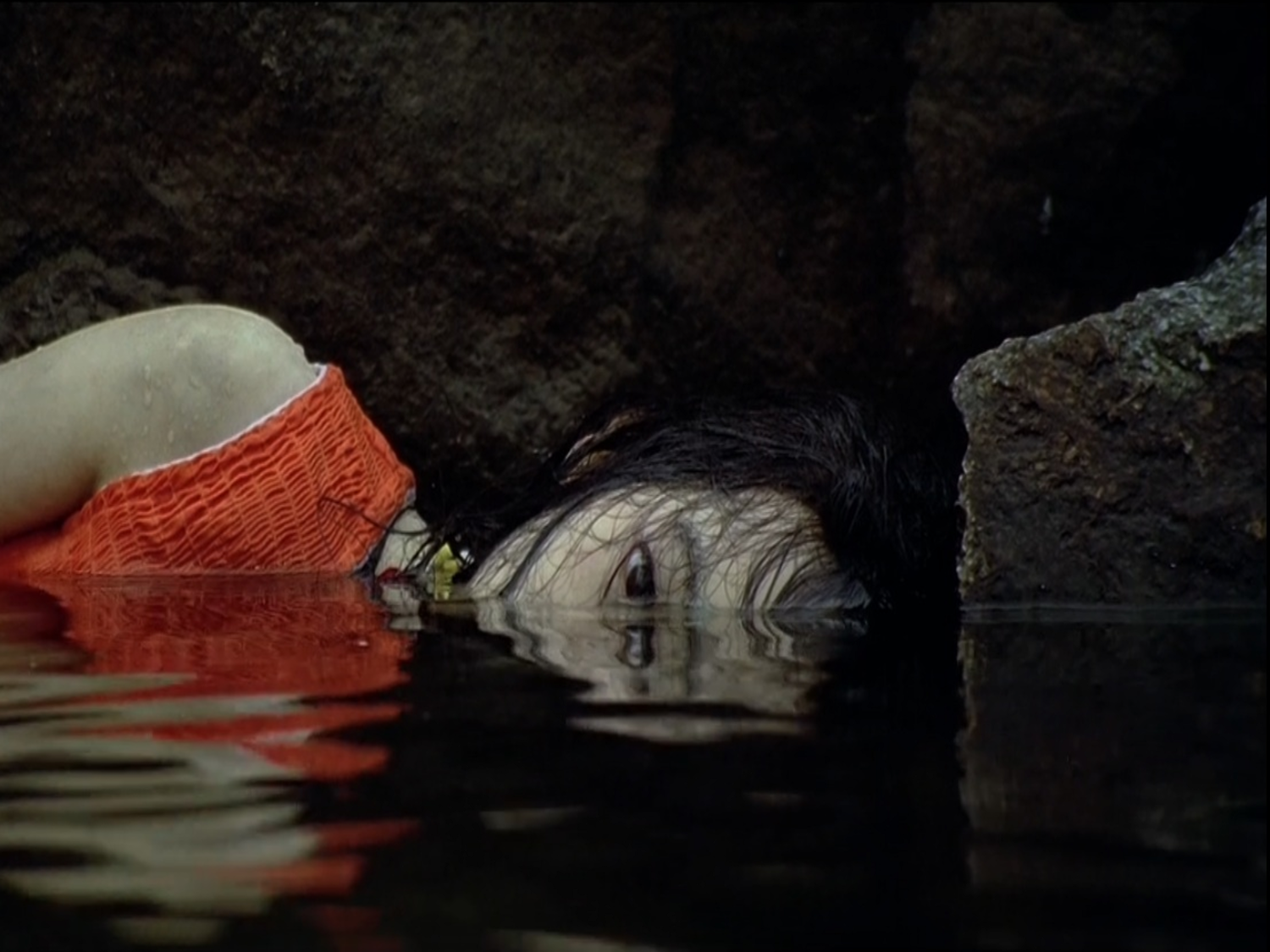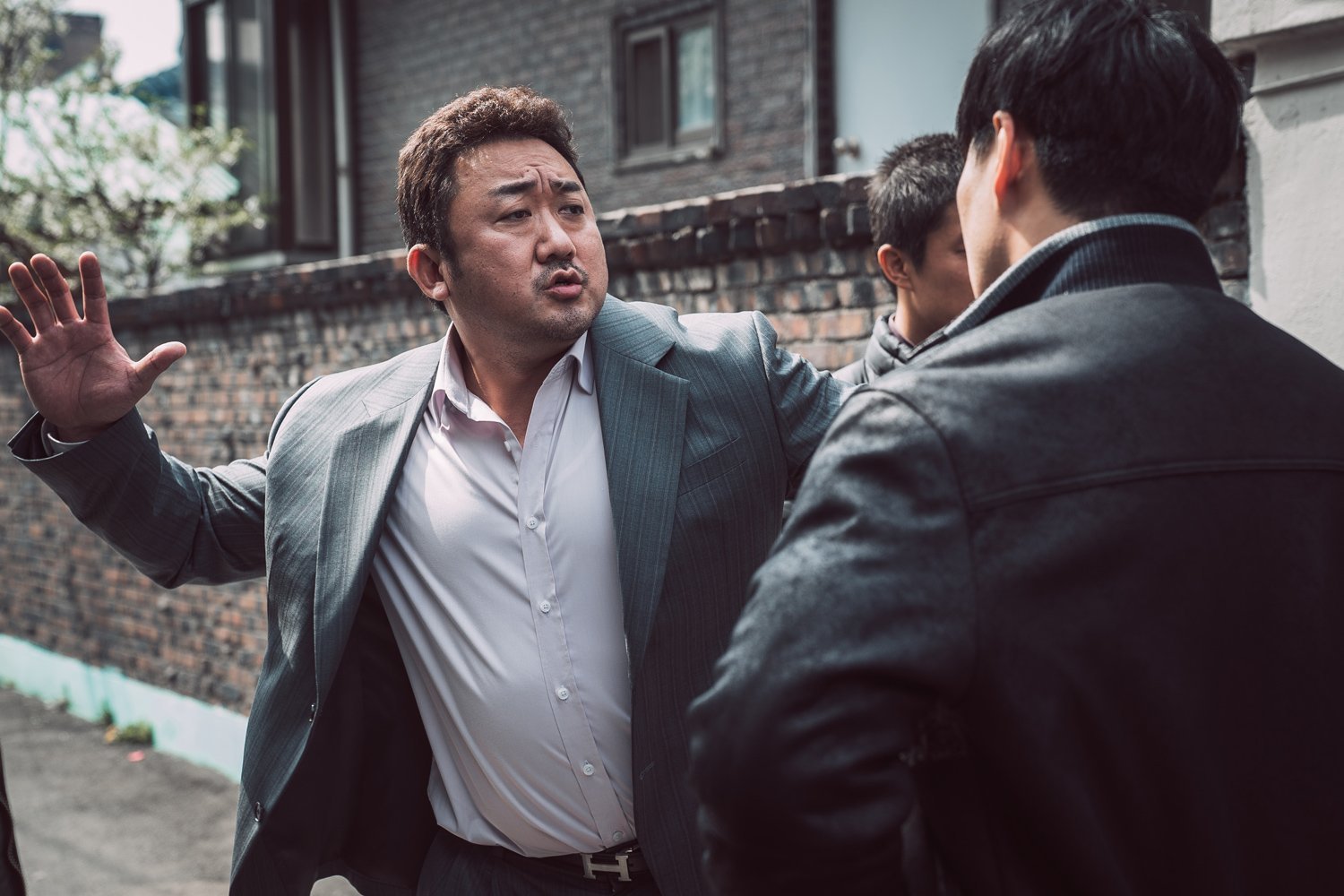
100 Best Foreign Thrillers of All Time
May 12, 2025
Share:
In this list, no passports are required for a whirlwind tour of heart-pounding suspense. From cat-and-mouse games in labyrinthine cities to espionage puzzles written in different languages, we’ve collected the best foreign-language thrillers of all time and indicated, for your convenience, where you can watch them online. These films will keep you on the edge of your seat with twist after twist, all while rousing the curious explorer in you. And it doesn’t matter if you’re a seasoned thrill seeker or just dipping your toes into the enigmatic waters of suspense: these films know no borders, and neither should you. So, fasten your seatbelts as we travel the globe with our top picks.
Read also:
51. Ringu (1998)
Genres
Director
Actors
Moods
Despite being remade, parodied, and absorbed into pop culture over the years, the original Ring defiantly marches to the beat of its own drum. Focused entirely on building a slow-burn mystery instead of dispensing scares, the film provides ample space for a number of interpretations: on the spread of technology, the erasure of traditional beliefs, or even motherhood. It’s all relentlessly quiet and extremely creepy, the tension building with the same energy as ghost stories told around a campfire. And while famous for its eerie images and the rules surrounding its cursed videotape, Ringu also serves as a reminder that great horror should compel the audience to keep on watching, even if they already know exactly what awaits them if they do.
52. Riders of Justice (2021)
Genres
Director
Actors
Moods
Don’t let the title and poster fool you—Riders of Justice isn’t the testosterone-filled action flick you’d expect going in (though it does get ridiculous at some points). It centers on deployed military man Markus, played by the appropriately masculine Mads Mikkelsen, who has to return home to his teenage daughter Mathilde after his wife dies in an accident. Instead of coping normally and sticking with his daughter to get through the tragedy, he goes down a rabbit hole discovering how the accident that killed his wife is more than just bad luck and may have been collateral damage from a gang orchestrating an assassination.
Surprisingly, director Anders Thomas Jensen injects this violent film with a lot of gentle moments about trauma and togetherness. Mikkelsen and the rest of the cast play off of each other very well, using dark humor to bring together a bunch of characters who are, in oversimplified terms, “fucked up but trying their best.”
It may seem like the guns, blood, and badass moments are a front for this film that, at its core, shows men who badly need therapy banding together to cope with the harshness of life. Extremely funny and deeply moving, it qualifies as a heartwarming Christmas movie, believe it or not.
53. Custody (2017)
Genres
Director
Actors
Moods
During Custody’s opening scene — a judge-mediated custody hearing between ex-spouses Miriam (Léa Drucker) and Antoine (Denis Ménochet) — the latter’s lawyer pleads with the judge to side with her client, arguing that, despite his reported history of violence and the reluctance of the couple’s 11-year-old son to live with him, “Nothing here is black and white.” Custody plays something of a poker face in its first few minutes, leaving us as reliant as the judge is on arguments like these, but outside of the mediation room, the film’s tight 93-minute runtime builds to a finish that will conclusively — and terrifyingly — prove that claim false.
The skill of Custody, however, is in the fact that we don’t need this definitive proof to form our judgment, because we can feel the silent threat of it in every preceding frame. Each of its naturalistic scenes, whether ostensibly quotidian or celebratory, is suffused with simmering dread and ticking tension; even when he’s absent, Antoine looms over the family’s life like a dark cloud. With such restrained mastery over a thriller-like tone, Custody reveals the family’s all-too-common reality as the horror it really is.
54. Ashkal: The Tunisian Investigation (2023)
Genres
Director
Actors
Moods
Ashkal takes an audaciously hybrid approach to genre: it’s part-noir, part-supernatural thriller, and full political allegory. The investigation at the center of this slow-burn Tunisian police procedural is a gripping one, as burnt naked bodies keep turning up in abandoned construction sites in Tunis with no trace of a struggle or even a combustible on them. In post-revolution Tunisia, the deaths are an uncomfortable reminder of recent history: it was a young Tunisian man’s self-immolation that sparked the Arab Spring, after all.
The revolution’s complicated legacy looms over the film, as we watch the country’s Truth and Dignity Commission begin its work of uncovering the former government’s corruption and abuses. Ashkal’s two protagonists — the young Fatma (Fatma Oussaifi) and her more seasoned police partner Batal (Mohamed Grayaa) — find themselves on opposite sides of that political divide, he having been implicated in the abuses of power that are now being investigated by Fatma’s father. There are fascinating elements at play here, and the results of Ashkal’s ambitious genre experiment are mostly inspired. Much of the film’s energies are spent on building a paranoid atmosphere — efforts that can, at times, frustratingly slacken the tension — but its fantastical touches tauten things up enough to make it a haunting political commentary in the end.
55. The Pig, the Snake and the Pigeon (2023)
Genres
Director
Actors
Moods
Gangster films have an issue of glorifying organized crime, and in some ways The Pig, The Snake, and The Pigeon does the same. There are excellent, action-packed fight scenes that makes Ethan Juan as Chen Kui-lin look so damn cool, and the journey Chen takes as a stern criminal out for his legacy definitely romanticizes the character, but it’s so compelling to see him contemplate the purpose of his life through confronting those like him, who tend to move for the ideas of love and spiritual detachment. There are some moments when the pacing falters, but The Pig, The Snake, and the Pigeon delivers on its ending and reimagines the gangster as something to remember.
56. Funny Games (1997)
Genres
Director
Actors
Moods
See, usually, when American violence in media is critiqued, it’s usually through analytic studies or overly exaggerated lectures stirring moral panic. Instead of doing this, however, auteur Michael Haneke decided to surpass the crime genre, playing with the form and emotions in Funny Games. It’s terrifying, not because it immediately delves into the violence, but because it starts off with an ordinary, innocuous visit, that gradually escalates into an unpredictable home invasion where two teenagers inflict needless violence in such a scary yet spectacular way, even involving the viewer into their shenanigans. Ironically, this led to Haneke creating a shot-for-shot American remake of this same story, but Funny Games’ break in form made Haneke a director to remember, as he started to film outside his native Austria after the standout thriller.
57. Thesis (1996)
Genres
Director
Actors
Moods
Because of our continued interest in living, one would think that human beings would shy away from death, but the opposite seems to be the reality. There’s a certain morbid fascination with violence, to the point that some people are captivated in making it more intense, more sensational, and more dangerous. Just before his groundbreaking second feature, Alejandro Amenábar made his debut around that idea in Thesis. It’s quite meta, of course, with the film about film students studying violence in media pulled into a murder mystery after discovering a snuff film, but Amenábar also sticks quite close to the narrative conventions of the genre, remixing certain tropes and the general knowledge of how such a film would go to heighten the sense of paranoia that Angela (and the audience) feels.
58. Grave Torture (2024)
Genres
Director
Actors
Moods
A sappy expository start like that only makes you suspicious how quickly all hell breaks loose, and boy does that distrust get rewarded. Grave Torture firmly blends religion and the supernatural, with the overarching theme being an exploration of the guilt-inducing belief that questioning faith is tantamount to having no faith, and having no faith leads to punishment. Getting from point A to point B is not the one of the film’s strengths, sometimes feeling like it’s just floating disjointedly. Even then, it nails every violent landing with visceral, satisfying impact. Religion isn’t just some distant theme, it’s our final monster.
59. Live Flesh (1997)
Genres
Director
Actors
Moods
It won’t be surprising to hear that a film called Live Flesh would be all about the body. There are, of course, the sensual scenes that make the movie an erotic drama, but filmmaker Pedro Almodóvar shifts the original psychological thriller novel into an examination of the body, how it’s perceived, and how people break that perception in pursuit of desire. It’s because of this that even with the melodramatic flourish, the disability, abuse, and drug addiction aren’t just plot devices– they’re the natural extension of that discussion after the body has gone through trauma– but Almodóvar expands it further with the fearful time period in which they were born into, and the societal positions they take as a result of it. The excellent ensemble cast and Almodóvar’s signature vivid style bring Carne Trémula to life spectacularly.
60. Sympathy for Mr. Vengeance (2002)
Genres
Director
Actors
Moods
The first in famed Korean director Park Chan-wook’s Vengeance trilogy (after cult films Oldboy and Lady Vengeance), Sympathy for Mr. Vengeance follows a Ryu (Shin Ha-kyun), a deaf-mute man who resorts to crime when his ailing sister is in need of a kidney transplant. He decides to kidnap the daughter of a wealthy man named Park Dong-jin (Parasite’s Song Kang-ho) for ransom, but he underestimates how, like him, Dong-jin will stop at nothing to save a loved one. Thanks to its rich characterization, dazzling editing, and fearless experimentation, Sympathy for Mr Vengeance makes for a thrilling (if violent) watch, one that will hit you hard and leave your mouth agape by the end. Here, you’ll see traces of the head-turning twists that will come to define Park’s stunning filmography, which apart from Oldboy includes the much-celebrated The Handmaiden and Decision to Leave.
Comments
Add a comment
Ready to cut the cord?
Here are the 12 cheapest Live TV streaming services for cord-cutting.
More lists
Lists on how to save money by cutting the cord.
Curated by humans, not algorithms.
© 2025 A Good Movie to Watch. Altona Studio, LLC, all rights reserved.
